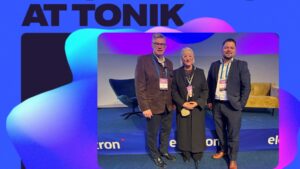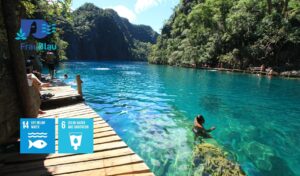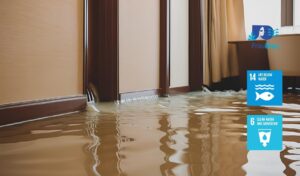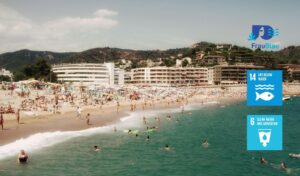How relevant are emotions and feelings for driving sustainable behavior change in tourism? According to Associate Professor Dr. Marina Leban (picture below) from the University of the Faroe Islands, they are essential. In her 2024 study on “Mindful Luxury” in the Faroe Islands, Dr. Leban highlights the critical role emotions play in shaping sustainable tourism experiences.

The study, based on qualitative personal interviews, resonated widely, garnering attention from media like Forbes. It reveals a significant shift in how luxury travel is perceived, particularly in remote destinations like the Faroe Islands. Travelers are increasingly seeking experiences that prioritize nature, culture, and authentic connections over conventional luxury. This shift towards “mindful luxury” reflects a growing demand for conscious, meaningful travel.
Key luxury practices identified—such as hoarding (in-depth research), savoring (cultural immersion), reconnecting (mindfulness in nature), and secluding (seeking solitude)—show a clear trend towards more responsible and sustainable tourism. These practices offer destinations the chance to create personalized, environmentally conscious experiences that leave a lasting impact on travelers.
While this approach aligns with many destinations’ current strategies to redefine luxury tourism, Dr. Leban emphasizes that emotions must be at the heart of these efforts. Personal connections between visitors and their experiences are essential for fostering sustainable behavior. Only when emotions are woven into tourism strategies can sustainability become a natural, long-term outcome.
One sector with potential to drive this emotional and sustainable connection is agrotourism. Dr. Leban believes future research should focus on understanding what drives travelers to choose sustainable options over conventional ones, and which specific “micro-sustainable” experiences leave a lasting impression. These insights can be gained by asking travelers about their feelings and reflections after their trip, rather than relying on surface-level responses.
In Dr. Leban’s view, education is key to creating impactful tourism programs—an expected priority for a professor. She argues that tourism policies should prioritize developing micro-sustainable and educational initiatives that foster emotional connections with visitors. Such programs should empower local stakeholders to create impactful experiences rather than relying on financial tools to manage tourism.
Agrotourism offers a unique opportunity to create such emotional bonds, benefiting both visitors and local communities. Research should focus on post-trip interviews to gauge the emotional impact of these programs, revealing how they inspire travelers to adopt more sustainable lifestyles.
Ultimately, Dr. Leban believes that research in this area must be practical and solution-oriented, helping to address real challenges and drive micro-sustainability improvements in tourism offerings in the Faroe Islands and beyond.
—————————————
Subscribe to Visit Faroe Islands Meetings Newsletter!
Come and visit the Faroe Islands with your conference and make sure to contribute to environment or society by sharing knowledge and organising purposeful events, using the SDGs as orientation. We are happy to help you design your conference legacy – e g by organising visits and meetings with innovators!

More stories and talks with interesting and innovative people from the Faroe Islands, case studies and updates you find on the LinkedIn Showcase of Visit Faroe Islands Meetings
Johanna Fischer / FrauBlau for Visit Faroe Islands Meetings
October 7, 2024






